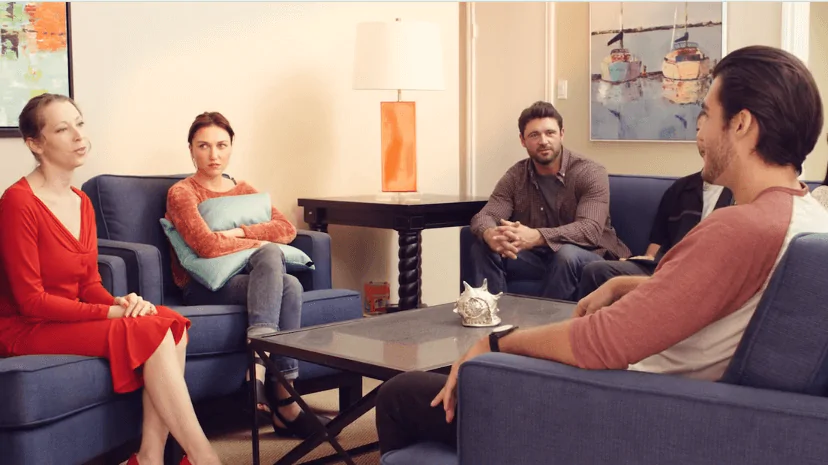24/7 Helpline:
(866) 899-111424/7 Helpline:
(866) 899-1114
Learn more about Medication-assisted Treatment centers in Boley

Other Insurance Options

WellPoint

Access to Recovery (ATR) Voucher

UnitedHealth Group

Horizon Healthcare Service

Anthem
Beacon

Group Health Incorporated

Humana

Choice Care Network

Excellus

Cigna

Self-pay options

Providence

Covered California

Regence

Magellan Health

BlueShield

Optima

Sutter

Magellan



Creoks Mental Health Services
Creoks Mental Health Services is a private rehab located in Okemah, Oklahoma. Creoks Mental Health S...




















